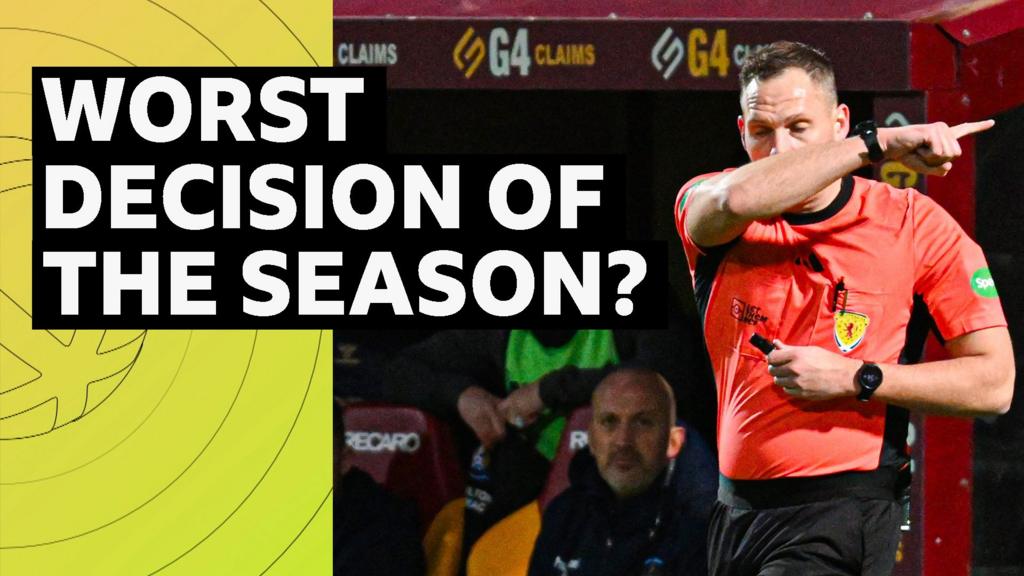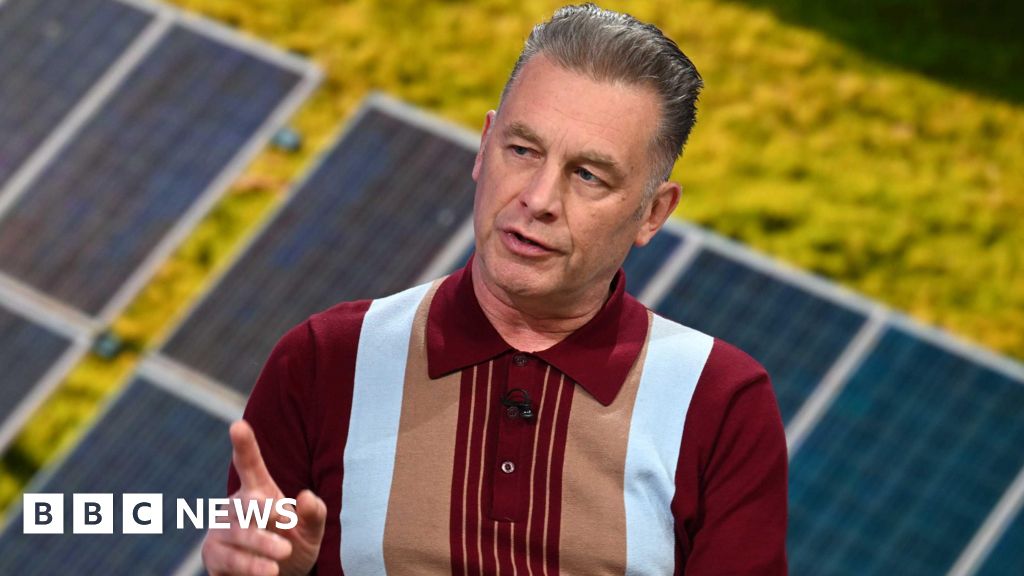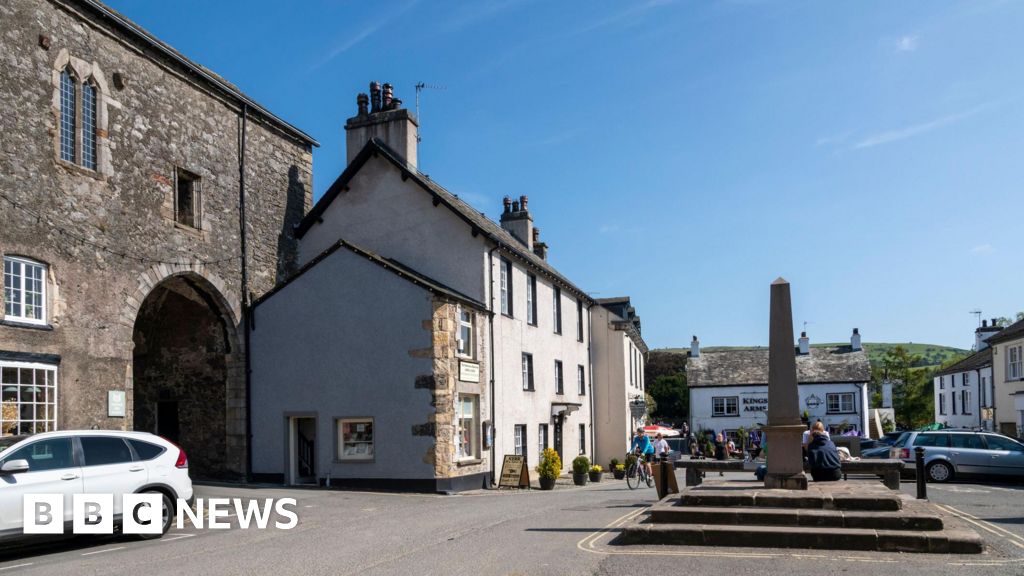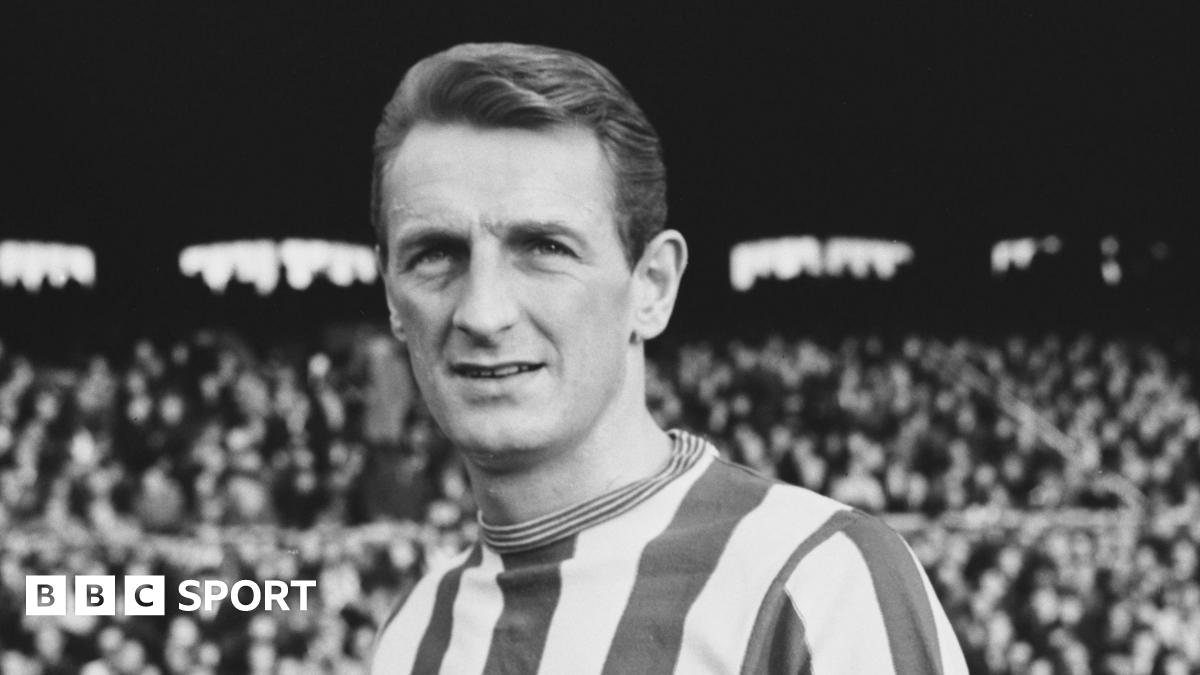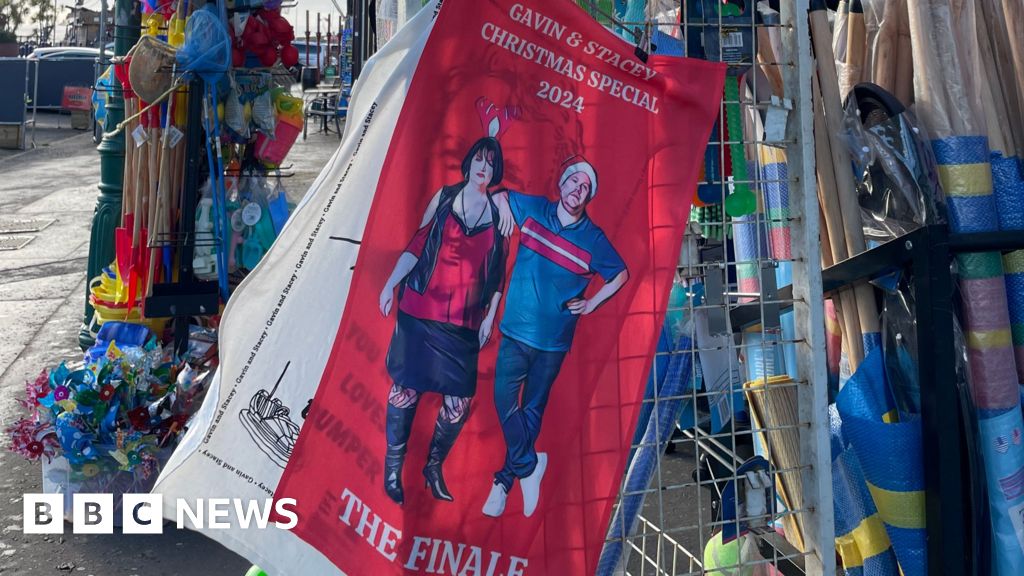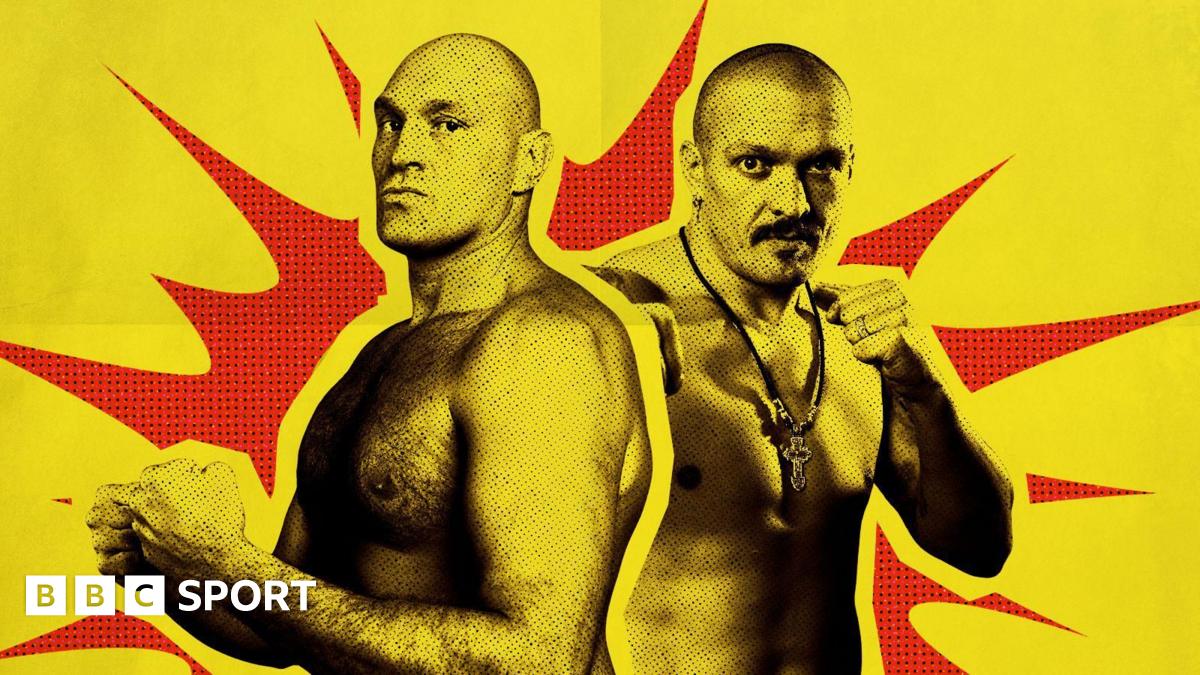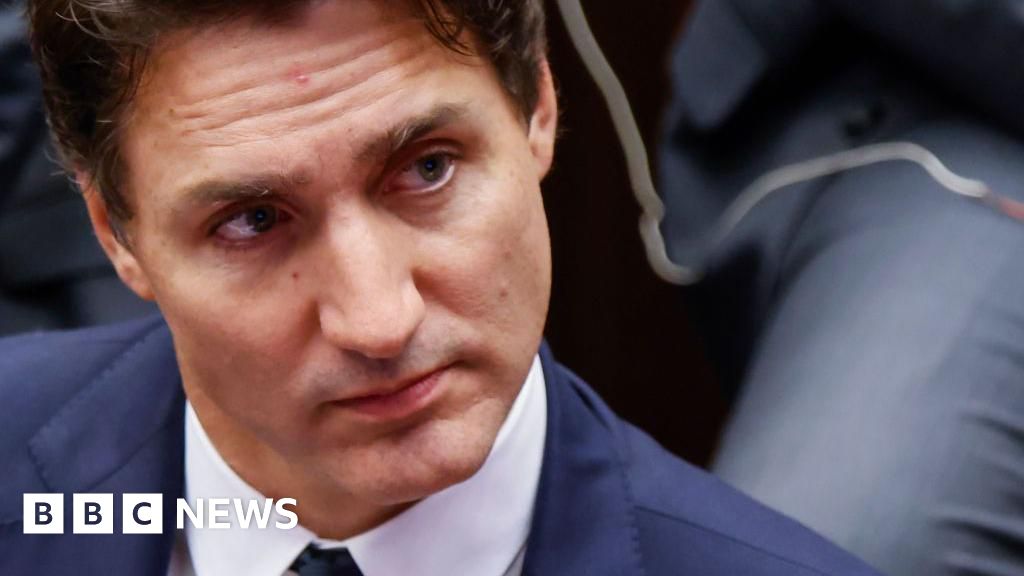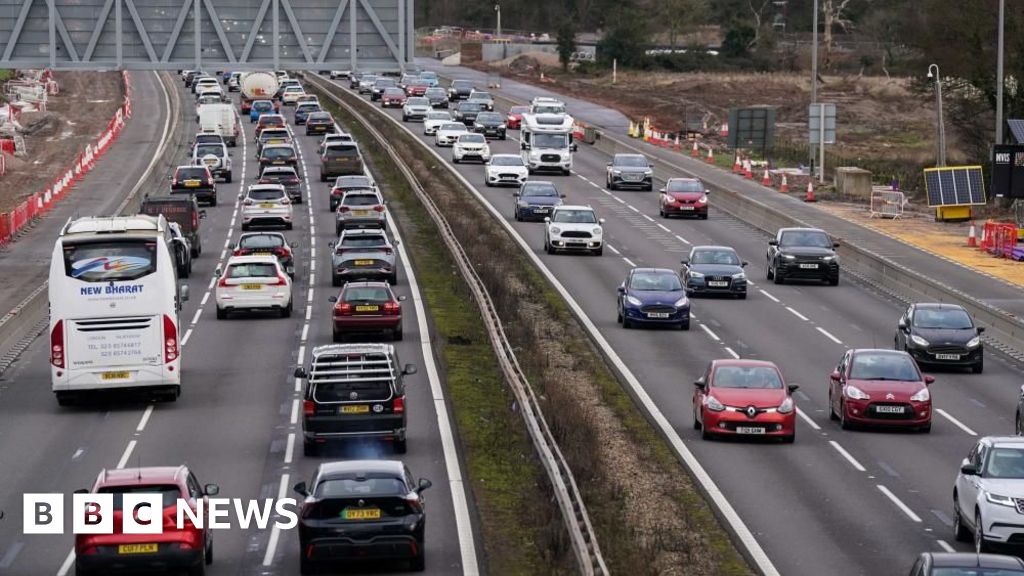
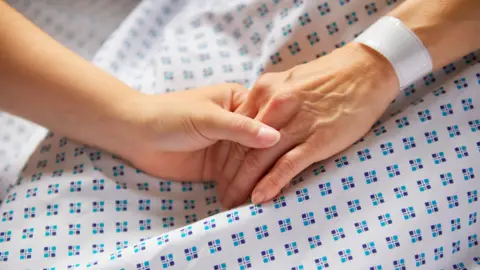 Getty Images
Getty Images
Assisted dying campaigners, including Dame Esther Rantzen, have welcomed plans for the first Parliamentary vote on the issue in nine years.
The presenter, who was diagnosed with lung cancer, said she was surprised she may live to see the Commons debate on the issue likely to take place later this year.
But activists on the other side of the argument, including those who campaign for disability rights, have expressed serious concerns about the impact on vulnerable people and any possible future expansions of a would-be law.
Labour MP Kim Leadbeater is putting forward the bill later this month and said "now is the time" to hold a fresh debate, after MPs rejected a similar move in 2015.
The bill would cover England and Wales, where - like Northern Ireland - assisting someone with ending their life is against the law.
Dame Esther, who has been a long-term advocate for legalising assisted dying, said the law as it stands puts her family "at risk of being accused of killing me" if they helped her end her life in Switzerland, where she has joined the assisted dying clinic Dignitas.

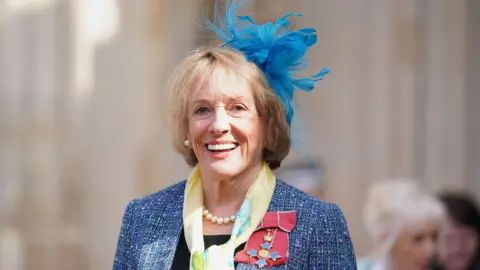 PA Media
PA Media
Dame Esther Rantzen wants a change in the law
'Dignity of choice'
"All I’m asking for is that we be given the dignity of choice," Dame Esther told Radio 4's Today programme on Friday morning.
"If I decide that my own life is not worth living, please may I ask for help to die", she continued.
"It’s a choice."
Her daughter, Rebecca Wilcox, told BBC Breakfast the issue was "hugely personal" and the news of an upcoming vote filled her “with an enormous sense of relief”.
But she added that “however fast these things go I'm not sure it will help us as a family“.
Describing current rules as a “messy cruel law”, Ms Wilcox said she had been traumatised by her father’s death and her mother did not want them to go through that again.
"It's about those last few days, giving somebody dignity, giving somebody the choice,” she said.
But Dr Lucy Thomas, a palliative care and public health doctor, said assisted dying was a last resort which courts - rather than doctors - were better placed to judge.
She added that choosing to end your life was not a "straightforward consumer decision".
'Very real fears'
Baroness Tanni Grey-Thompson, the former Paralympian and a disability campaigner, told BBC Breakfast that "there's a lot of worry out there about how this law can expand if it comes in".
She conceded that the debate cannot be "shut down", but expressed concern around how decisions to end lives will be made, particularly on vulnerable people and victims of coercive control.
"Will there be time given and money spent on actually understanding whether it is someone's free and settled wish?" the Baroness asked.
Liz Carr, an actor and disability rights activists who made the BBC documentary Better Off Dead, also opposes legalising assisted dying.
“Some of us have very real fears based on our lived experience and based on what has happened in other countries where it's legal," she posted on X late on Thursday night.
Additional reporting by Amanda Kirton

 2 months ago
13
2 months ago
13
